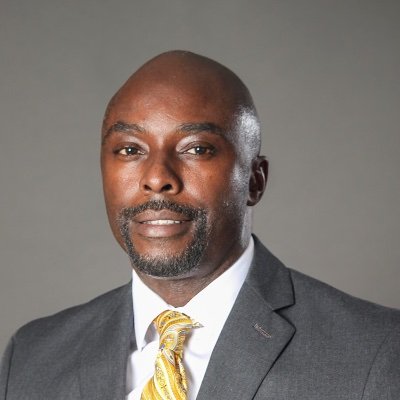Founded after the Civil War to uplift recently freed black slaves but open to people of all backgrounds, the school was named for a white Union General who had headed the Freedman’s Bureau. During the civil rights era, many members of the team of legal advocates who attacked official segregation were affiliated with the place. Their leader, the late Thurgood Marshall (who subsequently became a Supreme Court justice), was a graduate.
More than any academic study could have done, my time at Howard illuminated for me the prejudices I held despite myself, and the privileges I’d enjoyed while barely noticing them. I learned more than I taught. Almost all my students had had direct experience, which I could not doubt, with bigotry — if not daily, then more than often enough. Throughout my life I have faced children on the sidewalk challenging me to kung fu fighting, but I have not witnessed their parents crossing to the other side of the street or scurrying along because they assumed I might be a thug or worse — not once ever.
Yet I saw how my white friends were curious about blackness. They simply had not been around many black people who were their peers. They wondered about what my life was like on the other side of the color line. They pointed out, inadvertently, not only the ambiguous position of Asian Americans and others who are neither black nor white but the reality that there remains a meaningful divide. Read the Full Story at Huffington Post



